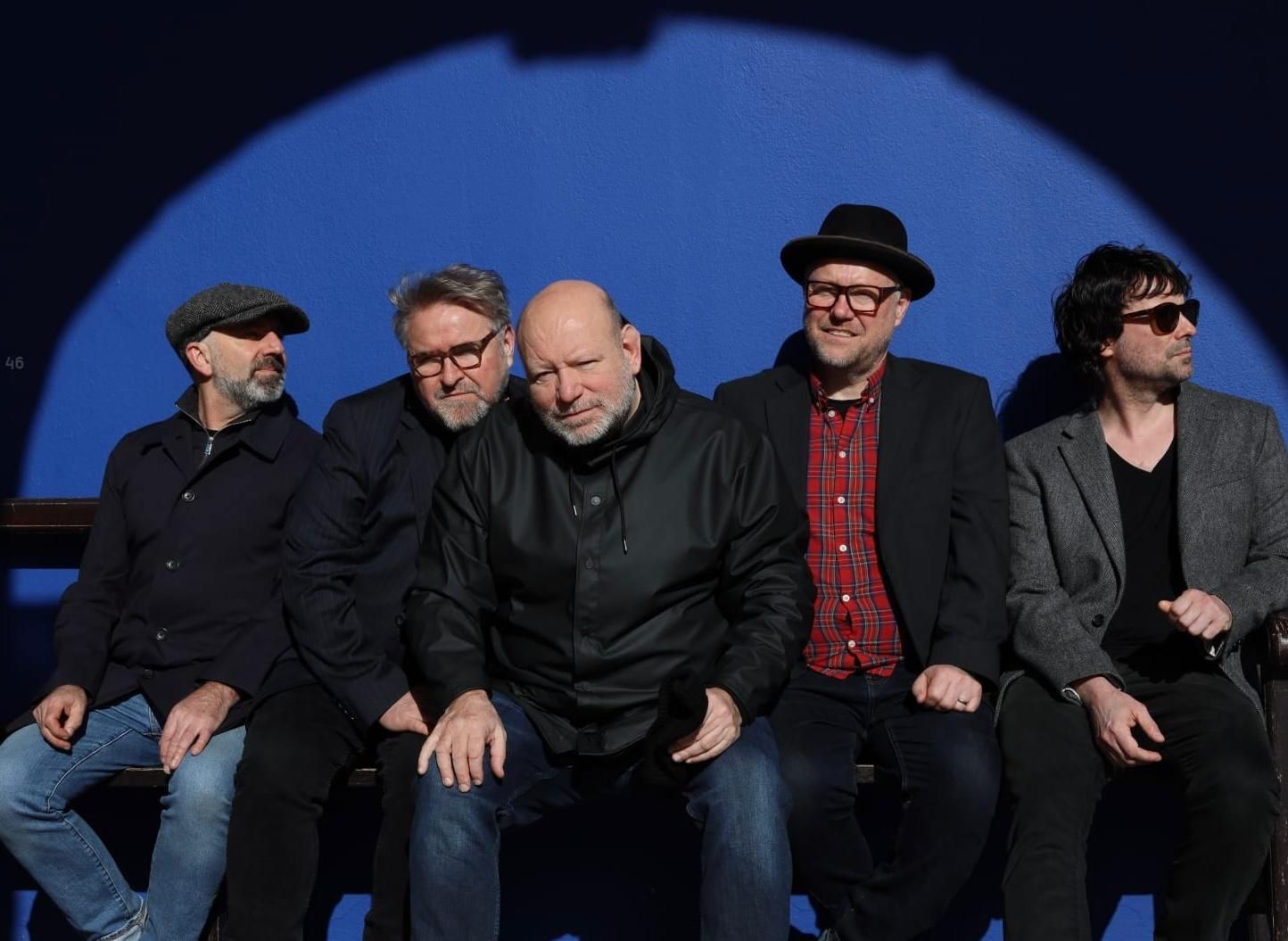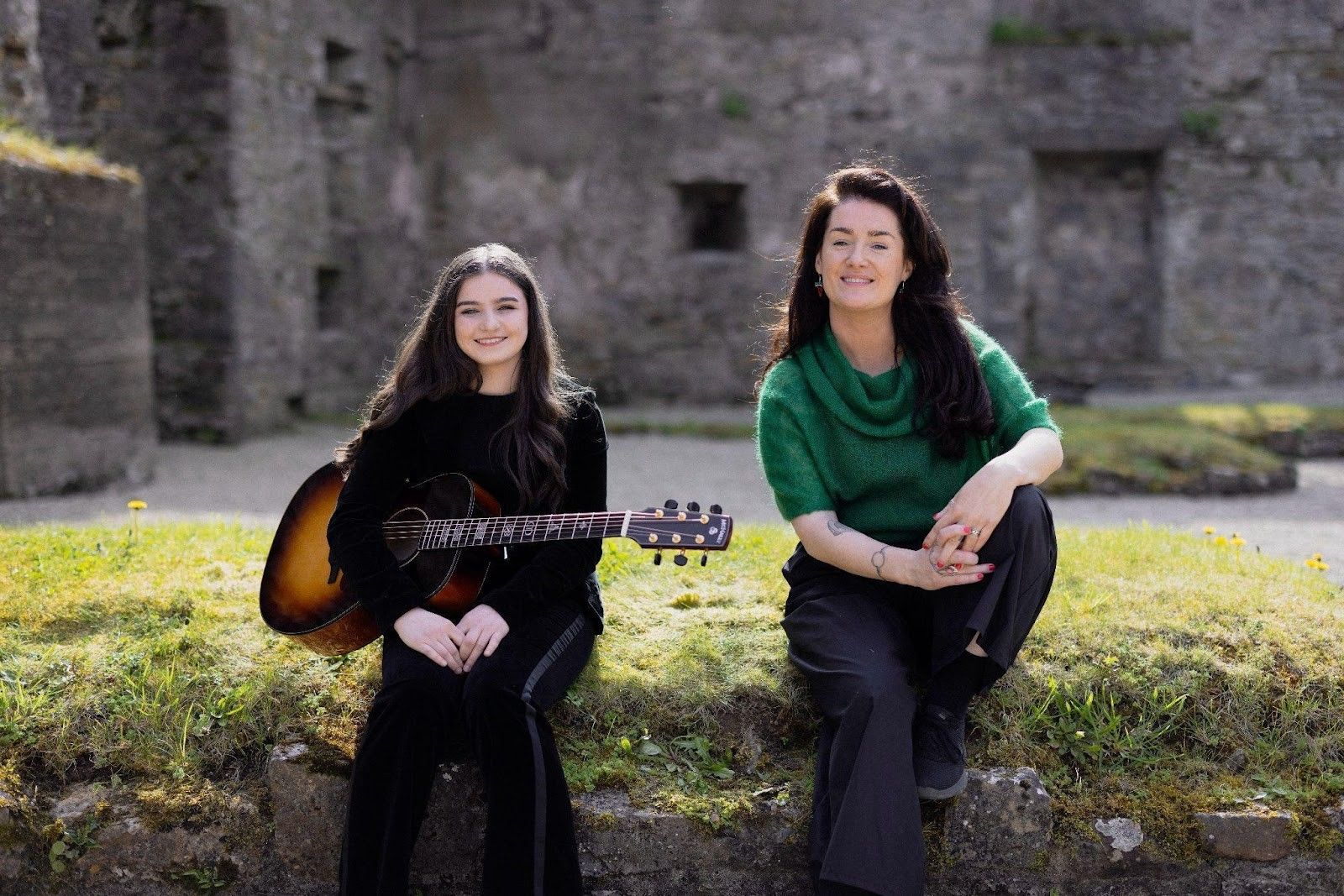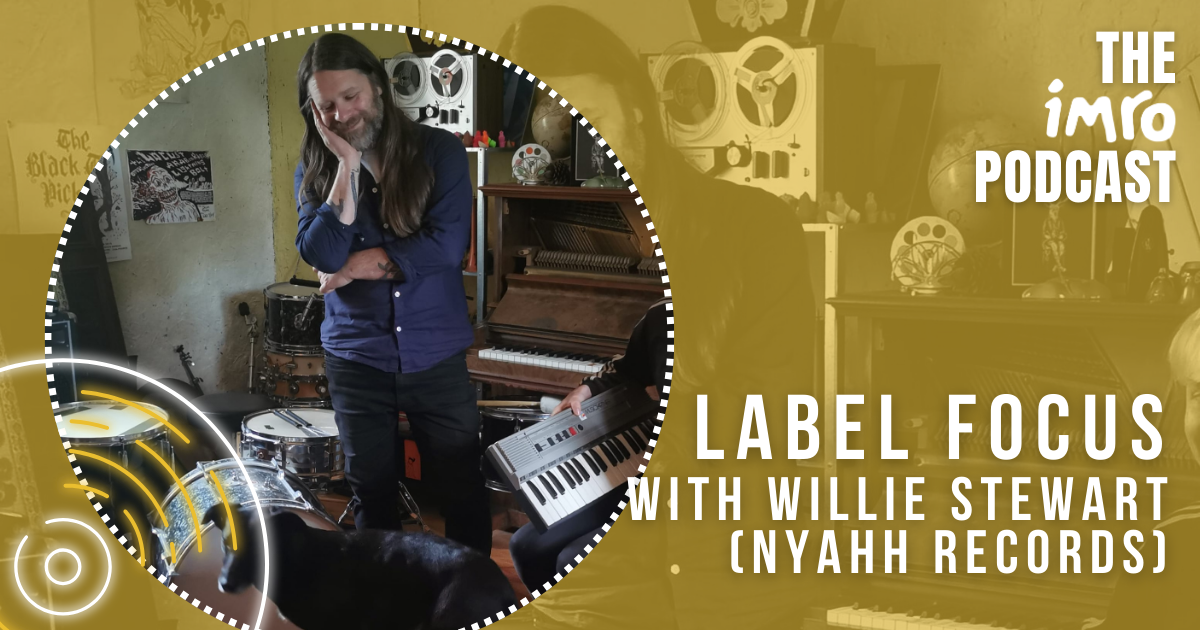IMRO Member Update | December 2021

As we approach the end of the year, we are conscious that the last two years have been, without doubt, the most challenging that our company and our members have had to endure. The financial hardship, setbacks, mental strain and continuing and relentless uncertainty has been all too evident in our day to day dealings with members and with the music industry as a whole.
We have learned much about our strength as a company over the last two years as we adapted to face the obstacles of this crisis and we believe that this will stand to us as we move into the recovery of the music industry.
We wanted to update you on some of the work that has been going on behind the scenes over the course of the year.
While we welcome the range of supports that have been made available by government to date, the challenges ahead for the entire creative community remain significant and real. IMRO will continue to lobby hard on your behalf for the introduction of additional supports and measures to assist music creators navigate the ongoing crisis.
The recent announcement by Catherine Martin TD, Minister for Tourism, Culture, Arts, Gaeltacht, Sport and Media in relation to the introduction of a pilot basic income scheme in early 2022 is a step in the right direction. Minister Martin established an Arts and Culture Recovery Taskforce in 2020 as a response to the pandemic, and to provide a platform for solution-focused recommendations for the recovery of the arts and culture sector. As a member of this Taskforce, which was chaired by fellow IMRO Board Member, Clare Duignan, I am happy to see that the number one recommendation of the Taskforce will be delivered in 2022. €25m has been allocated to this scheme in 2022. The survival, recovery and sustainability of this sector is dependent on economic policy and decision-making in the short and long term. This scheme has the potential to be genuinely transformative in terms of the sustainability of the sector.
Looking ahead to 2022, IMRO will provide continued support to initiatives and programmes which promote gender balance and equality within the music industry. The provision of opportunities for our members to educate themselves on all aspects of the music industry particularly in areas such as production, music technology, social platforms, management, collaboration, publicity and music for multimedia will continue and expand through our regular series of online seminars and workshops. More enhancements to online member services through regular updates to the IMRO Member Portal and the launch of online membership registration for new members will be rolled out in early 2022.
Our support and sponsorship of key industry initiatives and events which foster the creativity of IMRO members and help create new collaborations will continue across the year. Music education programmes at second and third level are a key component of IMRO’s outreach and development strategies. A further extension to our music initiative at Junior Cycle, in partnership with JCT will enter its next delivery phase in January 2022.
Over the last twelve months, Dr. Mark Hyland the IMRO Adjunct Professor of Intellectual Property Law continued his work with the Law Society of Ireland. The professorship is a key resource for both the Law Society and for IMRO in broadening the knowledge base of trainee and qualified solicitors in the expanding area of IP Law. The expectation is that a solid grounding in this field of law will entice a new generation of lawyers into the music and entertainment industries. This year’s Annual Copyright Lecture was on The Complex Intersection between Copyright and Artificial Intelligence and speakers included Dr. Hyland, Barry Scannell (IMRO) and Professor Jonathan Griffiths of Queen Mary University of London.
The music business has never been an easy path to follow, but the last 19 months have been more challenging than any of us could ever have imagined. The stresses and strains of Covid 19 have been acutely felt by the arts sector. Throughout this time the Minding Creative Minds initiative, which is supported by IMRO and other music industry partners, has provided an invaluable resource, providing support 24 hours a day 7 days a week to the entire arts community. They are there to lend a listening ear no matter how big or small the problem. The dedicated phone line is 1800 814 244. (Calling from NI – 0800 0903677). It’s 24 hours a day, 7 days a week and it’s completely free. Visit mindingcreativeminds.ie for full details on the range of services available to you now.
Many IMRO members are self-employed freelancers and small businesses who are reliant on the income that they receive from music licensing. Please be assured that IMRO will continue to do everything within its power to protect revenue streams for members and affiliates in the year ahead.
Our monthly distribution schedule has been maintained since the start of this crisis. Royalty payments to our members and affiliates continue to be our top priority.
Key Contact Details
Member Distributions: distributions@nullimro.ie
Membership Enquiries: membership@nullimro.ie
IMRO Member Helpdesk: E: covid19support@nullimro.ie P: +353 1 6614844
Ireland has transposed the EU’s Directive on Copyright in the Digital Single Market, with a text quite close to the original legislation; the Directive, initially adopted by the EU Parliament in 2019, was due to be transposed by the EU members states by June 7, 2021.
IMRO were at the forefront for the adoption of the Copyright Directive and the transposition was a priority issue for IMRO in protecting the rights of Irish music creators, as it directly affects their rights and the day-to-day use of their work. We are delighted for our members – songwriters and publishers who work hard every day, and who share their output with the world to enjoy. We want to take this opportunity to thank the many IMRO members who supported and contributed to various campaigns and lobbying efforts over several years which has resulted in this successful outcome.
Ireland joins seven other countries that have fully implemented the Directive: Croatia, Germany, Hungary, Italy, Malta, The Netherlands and Spain. Denmark and France have so far only transposed parts of the Directive. Ireland was among the 23 EU countries that received a formal notice from the European Commission for failing to implement the Directive before the statutory deadline.
The Irish government said the new legislation would make Irish copyright law “fit for purpose in a digital age” by strengthening the rights of creators — in particular through Article 17 of the Directive on the liability of Internet Service Providers. The new legislation removes the so-called “safe harbour” provisions of existing laws, which meant that platform services such as YouTube and others were not liable for the creative content uploaded by consumers, commonly referred to as “user-generated content”. The new legislation requires these internet platforms to obtain fair and appropriate licenses from rights holders before using their creative works. The new law will strengthen the rights and protections afforded to various copyright holders when their work is shared online. Finally, it will clarify that such internet services are not passive hosters of creative content. Further, it requires tech platforms to have technical measures in place to ensure that non-authorised content is not made available on their services.
This will result in wider access and use of copyright-protected works for the benefit of a broad range of stakeholders, including the creative sectors, consumers, press publishers, researchers, educators, cultural heritage institutions, and citizens.
The Directive’s transposition provides certainty that online platforms must take greater responsibility for the content they host and use best efforts to obtain a licence, pay fairer remuneration to creators and remove unauthorised content. It will provide a more equitable share of online revenues to the creators whose works make these platforms so valuable in the first place and make the online environment a more orderly marketplace.
The legislation also facilitates the introduction of a new remuneration stream for the producers of news content, when used by platforms such as Google and Facebook — Article 15, creating a neighbouring right for news publishers.
Right throughout the Covid 19 crisis, we have been so inspired by the IMRO membership, who despite the constant and ongoing uncertainty have continued to create and release outstanding new music. You remain at the forefront of our thoughts as we head into 2022 and we want you to know that the Board, the management team and all the IMRO staff are committed to working on your behalf throughout this coming year.
We hope you all have a happy and healthy holiday season and we look forward to sweet sweet music and better times ahead in 2022.
Onwards and Upwards,
Eleanor McEvoy
IMRO Chairperson
Victor Finn
IMRO CEO
Latest News
Music Creators
- Affinity Schemes
- Join IMRO
- Benefits of IMRO Membership
- IMRO Mobile App
- Members’ Handbook
- About Copyright
- Royalty Distribution Schedule
- IMRO Distribution Policies
- Competitions & Opportunities
- Travel Grant Form
- Irish Radio & Useful Contacts
- Other Music Bodies in Ireland
- Affinity Schemes
- Music Creator FAQs
- International Partners
- International Touring Guide
Music Users
- Do I Need a Licence?
- Sign Up for a Music Licence
- Pay Your Licence Online
- IMRO and PPI Tariffs
- Dual Music Licence Explained
- Music Licences for Businesses
- Music Licences for Live Events
- Music Licences for Broadcast & Online
- Music licences for Recorded Media
- Music Services B2B
- Music User FAQs
- What’s Your Soundtrack Campaign
- Terms & Conditions for IMRO Events Voucher Competition
- Cookie Policy
- Privacy Statement
- Disclaimer
- www.imro.ie
- Terms & Conditions
- © IMRO 2024
- Registered Number: 133321
Please select login
For Songwriters & Publishers
For Business Owners





